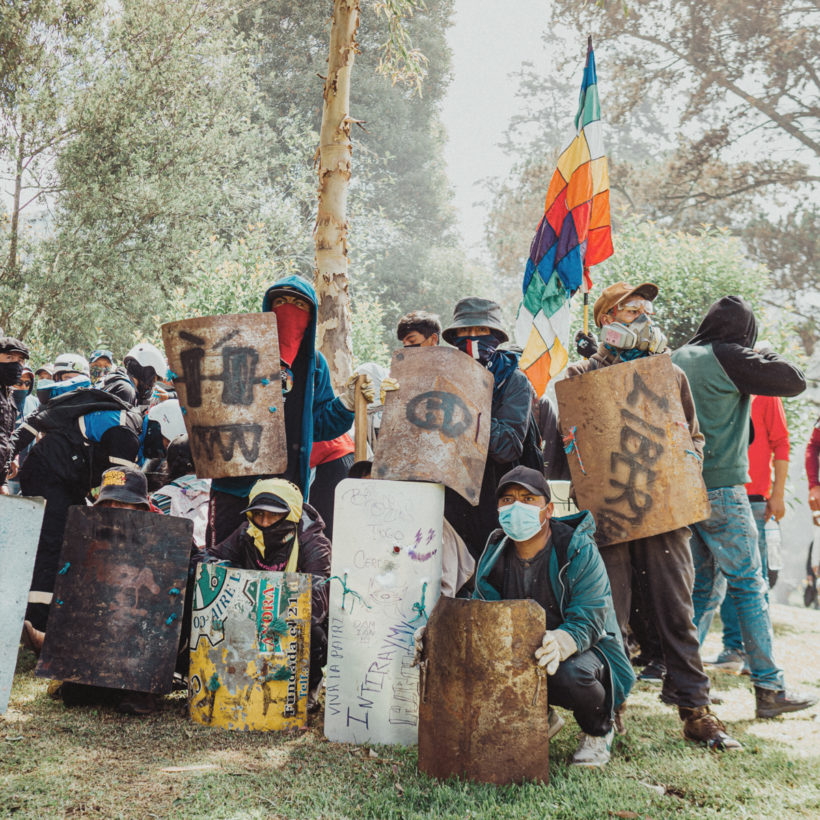Citizen action is the most effective weapon against abuse of authority.
The possibility of bringing about change in a political, economic and social system, such as those currently prevailing in our countries, which are advancing so precariously under pseudo-capitalist regimes incapable of generating opportunities for development, let alone benefiting all sectors of society, depends to a large extent on the will of the people. If they were to take the bull by the horns with the purpose of influencing the decisions that affect them directly, confronting the powers that repress them, the scenario would be different.
However, it is evident how this lack of political muscle has been the consequence of a combined strategy of ideological manipulation and the creation of seemingly legal obstacles to accessing truthful and reliable information; but, above all, of legal frameworks designed to raise walls against effective participation of the population in political affairs and ever narrower routes to their own development.
The decisive influence of the mass media, the vast majority of which are in the hands of large business consortiums closely tied to economic power, has been one of the determining factors in keeping important sectors such as youth and women, whose direct action would have the potential to change the course of their people’s history, away from public debate and party participation. Through policies skilfully designed to misinform, manipulate and, incidentally, demonise popular movements, the mainstream media have also installed – since time immemorial – a deep-seated hatred between social classes. Added to this is the atmosphere of discrediting the public service, which undermines one of the fundamental rights of society, namely, involvement in the development of its democratic systems.
In our America, many opportunities have been lost in the face of a system that is shielded from fundamental changes, structural changes that are essential to open paths to development in egalitarian and truly democratic societies. Despite new policies in nations with progressive governments, the roots of the evil remain unchanged: the poorest sectors are left out of the path of progress, along with those who feed the whole system: the rural and peasant sector, where most of the native ethnic groups of our continent converge.
The reasons are many and varied, but without a doubt one of the greatest obstacles to the full exercise of effective democracy has been the excessive concentration of wealth in the hands of an increasingly narrow and powerful circle, whose ability to impose its interests over those of the majority is protected by a ubiquitous elite with strong ramifications on the world stage. Fighting this monster has meant, for our continent, in addition to coups d’état and the establishment of dictatorships, the loss of unique opportunities to transform its destiny and take on the great challenges implicit in this transcendental movement. The decisive steps must go hand in hand with a new legal framework based on inclusive concepts, new constitutional texts and solid laws that guarantee rights for all, without exception.
The cleansing of political bodies is fundamental for democracy.










